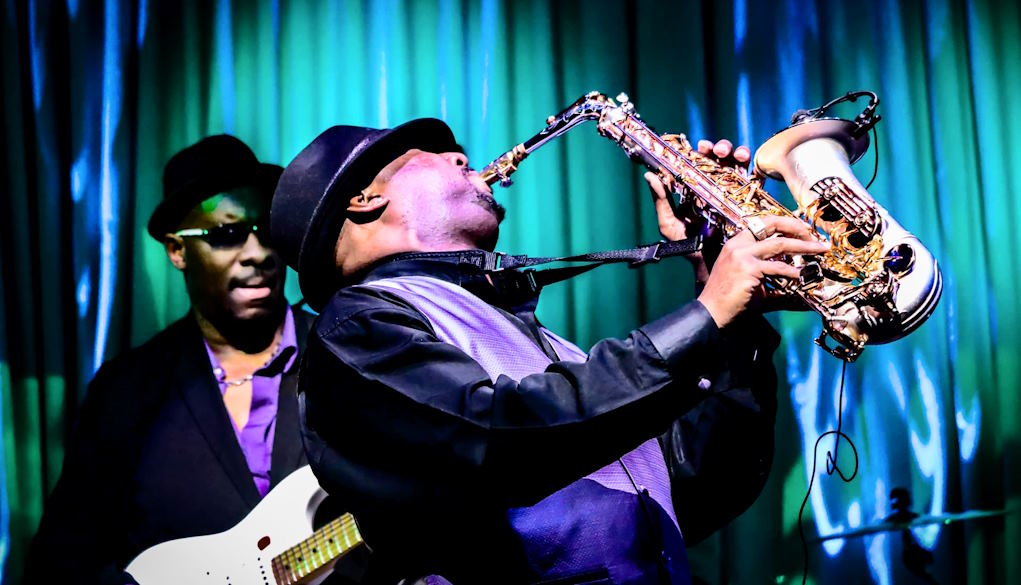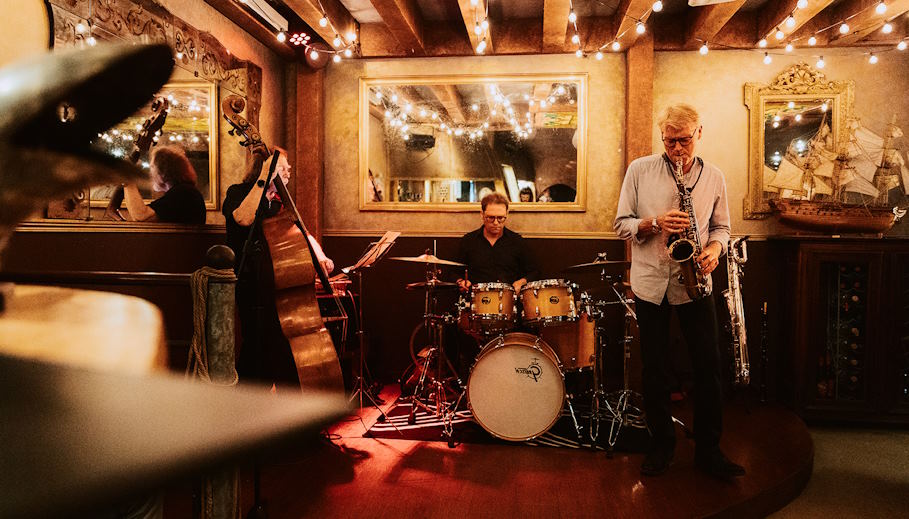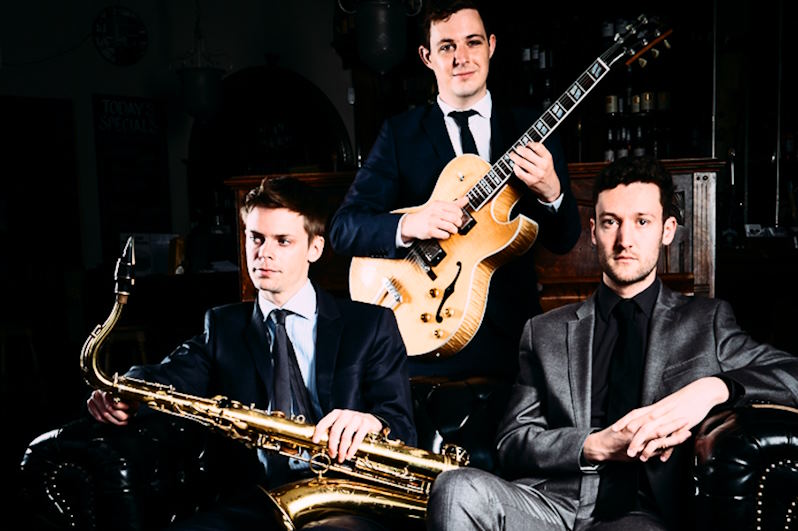
Exploring the Connection Between Jazz and Casinos
Jazz sultry notes, spontaneous rhythms, and passionate improvisations flowing represent freedom, culture, and change over a century. Its origins in the deep South of the United States, particularly New Orleans, saw it flourish in environments where diverse cultures met, mingled, and expressed themselves. The connection between jazz and casinos is a tapestry woven with the threads of history, cultural exchange, entertainment, the pursuit of fortune and jazz music sets the mood in casinos.
The Historical Landscape
Jazz and casinos both emerged during times of significant social and cultural upheaval. In the early 20th century, when jazz took root, America underwent rapid urbanization and industrialization. It was an era of Prohibition, speakeasies, and a rebellion against the status quo. Casinos, particularly those in places like Las Vegas, were often the epicenter’s entertainment and offered an escape from the mundane.

Musical Oases in Neon Deserts
The glitzy world of Las Vegas, often termed the world’s entertainment capital, has had a long-standing relationship with jazz. The Rat Pack, comprising iconic figures like Frank Sinatra, Dean Martin, and Sammy Davis, performed in packed casino halls, blending jazz with other contemporary forms. The neon lights of the Strip might be starkly different from the dimly lit clubs of New Orleans, but the soulful strains of jazz were a constant, bridging the gap between the two worlds.
A Dance of Chance
The essence of jazz improvisational nature mirrors the unpredictability and jazz’s influence on casino entertainment. Every roll of the dice shuffle of cards has an outcome as unpredictable as the note in a jazz solo. This unpredictability is what makes both jazz and casinos thrilling. Casinos also resonated with the spirit of jazz through their embrace of the unknown.

Cultural Integration and Acceptance
Casinos were among the few places in a racially divided America where barriers momentarily seemed to blur. Jazz musicians, regardless of their ethnic background, found an audience that appreciated their talent in these establishments. The acceptance that jazz musicians experienced in casino venues contributed to the broader acceptance of jazz and its role in casino ambiance as a genuine American art form.
The relationship between jazz and casinos is multifaceted. It is a reflection of historical timelines, cultural revolutions, and shared values of freedom and expression. Today, even as electronic beats and pop numbers dominate casino floors, the legacy of jazz remains, reminding us of a time when every chord struck was a gamble, and song was an embrace of the unknown.
